 Today on how on earth, Beth talks to MIT scientist Stephanie Seneff about her book, Toxic Legacy. Dr Seneff takes us on a fast paced tour of the large range of toxicities produced by glyphosate. Glyphosate is the active ingredient in Roundup, the most commonly used weedkiller in the world. Nearly 300 million pounds of glyphosate-based herbicide are sprayed on farms—and food—every year. Although the herbicide is claimed
Today on how on earth, Beth talks to MIT scientist Stephanie Seneff about her book, Toxic Legacy. Dr Seneff takes us on a fast paced tour of the large range of toxicities produced by glyphosate. Glyphosate is the active ingredient in Roundup, the most commonly used weedkiller in the world. Nearly 300 million pounds of glyphosate-based herbicide are sprayed on farms—and food—every year. Although the herbicide is claimed
to be safe for humans, animals, and the environment, Seneff summarizes research showing otherwise.
Executive Producer: Beth Bennett
Show Producer: Beth Bennett
Listen to the show:
Podcast: Play in new window | Download (Duration: 24:06 — 19.3MB)
Subscribe: RSS



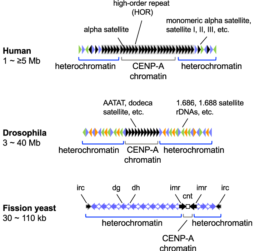 This week on How on Earth, Beth talks with Professor Tom LaRocca, professor in the department of Health and Exercise Science at CSU in Fort Collins. His background is in molecular biology and physiology, but he is particularly interested in translational research (using laboratory science to develop practical applications or treatments that can help people). He is especially interested in the biology of healthspan, the period of life during which we are healthy and productive, and in research on ways to increase healthspan. He talks particularly about some of his recent work which has identified genetic marks of our biological age, as opposed to our chronological age or the number of years one has under their belt. You can see his
This week on How on Earth, Beth talks with Professor Tom LaRocca, professor in the department of Health and Exercise Science at CSU in Fort Collins. His background is in molecular biology and physiology, but he is particularly interested in translational research (using laboratory science to develop practical applications or treatments that can help people). He is especially interested in the biology of healthspan, the period of life during which we are healthy and productive, and in research on ways to increase healthspan. He talks particularly about some of his recent work which has identified genetic marks of our biological age, as opposed to our chronological age or the number of years one has under their belt. You can see his  Today on How on Earth, Beth speaks with author Roger Briggs about his new book:
Today on How on Earth, Beth speaks with author Roger Briggs about his new book: 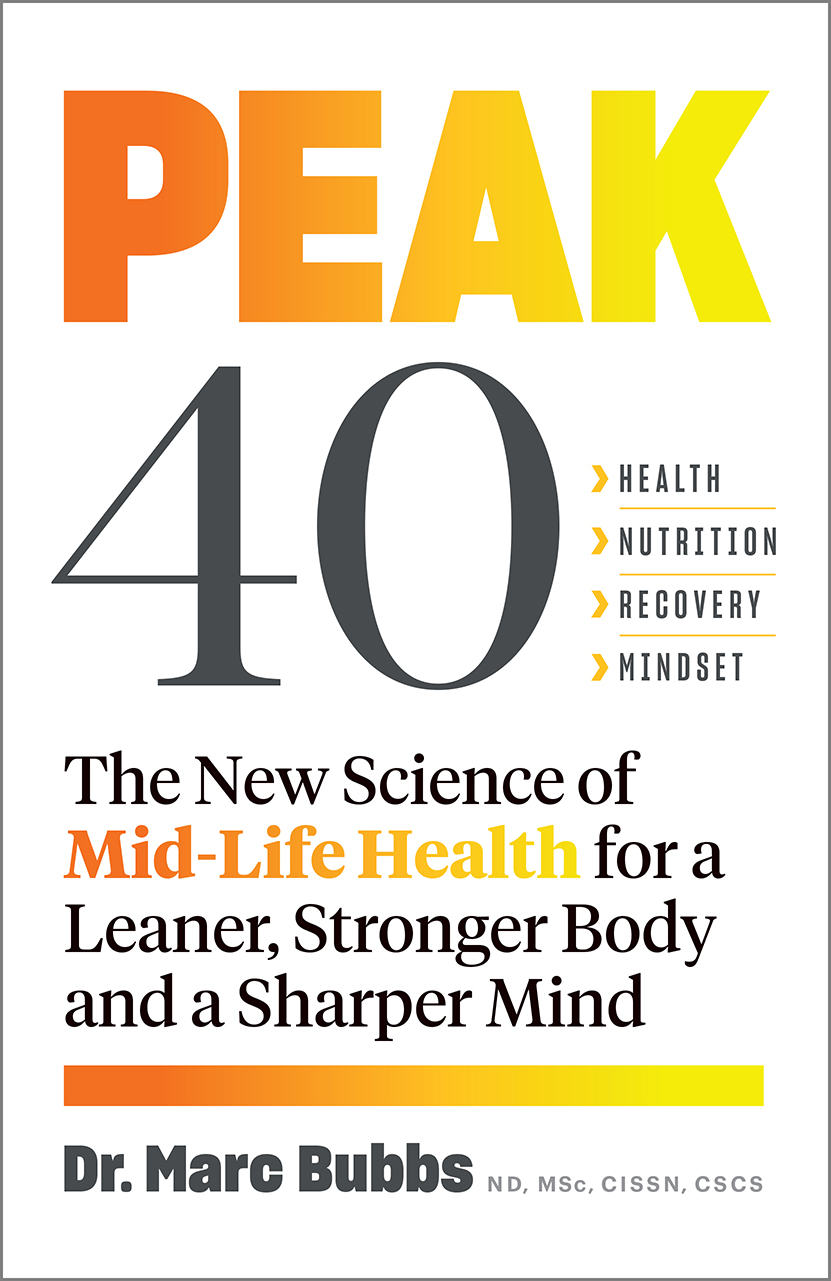
 This week on How on Earth, Beth gives an update on the new drug just authorized by the FDA to treat Alzheimer’s disease, aducanumab, sold under the brand name Aduhelm. Then hear her interview with Dr Marc Bubbs, whose new book,
This week on How on Earth, Beth gives an update on the new drug just authorized by the FDA to treat Alzheimer’s disease, aducanumab, sold under the brand name Aduhelm. Then hear her interview with Dr Marc Bubbs, whose new book, 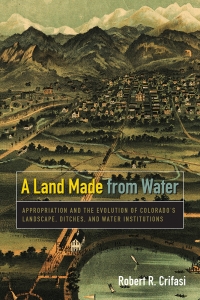
 Today on How on Earth, Beth replays a timely interview with Boulder author Bob Crifasi, a long time water resource manager. His book, on the history and consequences of Front Range water use, is especially relevant now during our longterm drought.Bob works in water management and planning and is an environmental scientist with over 25 yr experience. He was the Water Resources Administrator for the city of Boulder’s Open Space and Mountain Parks Dept. He has served on board of directors of 11 ditch companies and as the president of several, supervising all aspects of ditch operation. We talked about his book,
Today on How on Earth, Beth replays a timely interview with Boulder author Bob Crifasi, a long time water resource manager. His book, on the history and consequences of Front Range water use, is especially relevant now during our longterm drought.Bob works in water management and planning and is an environmental scientist with over 25 yr experience. He was the Water Resources Administrator for the city of Boulder’s Open Space and Mountain Parks Dept. He has served on board of directors of 11 ditch companies and as the president of several, supervising all aspects of ditch operation. We talked about his book, 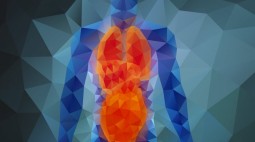
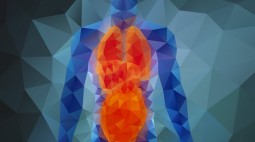 In this week’s show, Beth talks with epidemiologist Genevieve Wojcik. We spoke about her work standardizing what is called the Polygenic Risk Score. This is a composite risk factor, extracted from information on many individual genes that can contribute to a disorder or genetic character. To find out more about her research visit her
In this week’s show, Beth talks with epidemiologist Genevieve Wojcik. We spoke about her work standardizing what is called the Polygenic Risk Score. This is a composite risk factor, extracted from information on many individual genes that can contribute to a disorder or genetic character. To find out more about her research visit her 
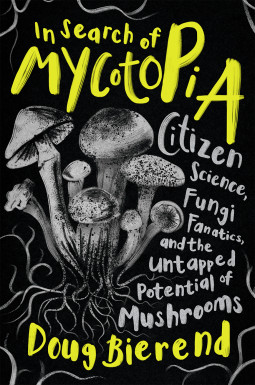 On this week’s show, Beth talks with author Doug Bierend about his new book,
On this week’s show, Beth talks with author Doug Bierend about his new book, 
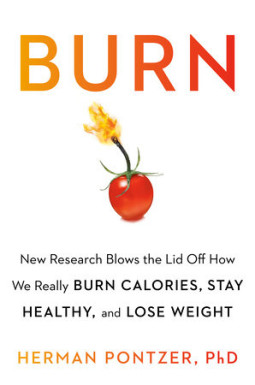


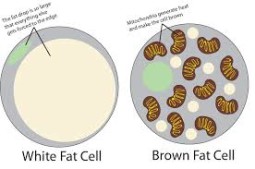
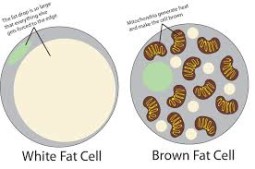 This week on How on Earth, Beth talks with Dr Paul Cohen, a physician-scientist whose research focuses on obesity and metabolic disease. They spoke about his recent study highlighting the link between brown fat and positive health outcomes in cancer, cardiovascular disease, and type 2 diabetes. Their converstiaon starts at about 5 minutes. You can read the research study
This week on How on Earth, Beth talks with Dr Paul Cohen, a physician-scientist whose research focuses on obesity and metabolic disease. They spoke about his recent study highlighting the link between brown fat and positive health outcomes in cancer, cardiovascular disease, and type 2 diabetes. Their converstiaon starts at about 5 minutes. You can read the research study